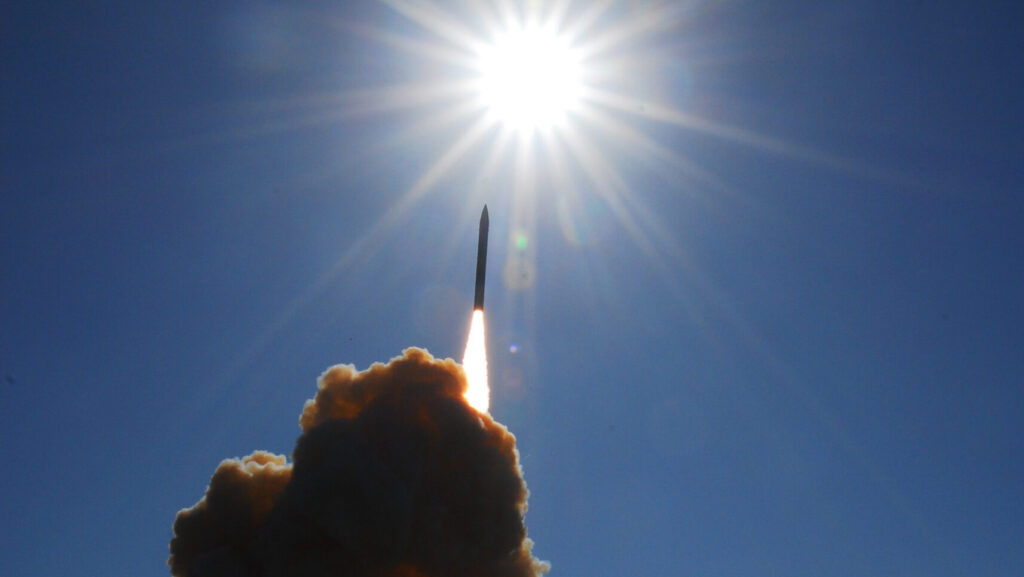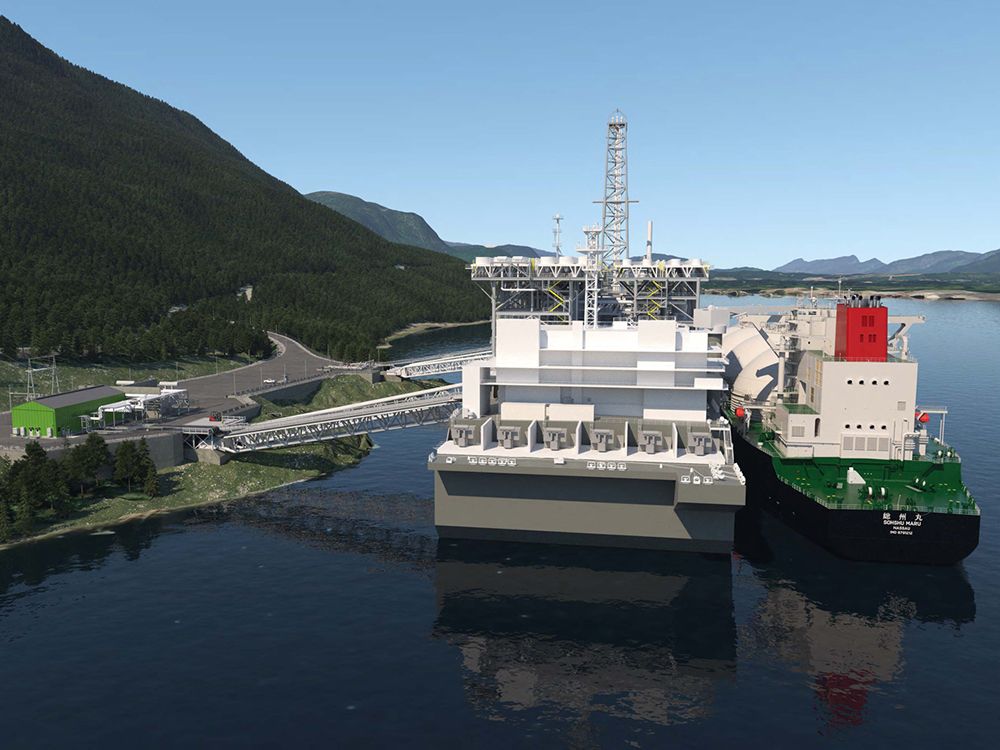- Reaction score
- 9,165
- Points
- 1,160

Opinion: Canada is not an ‘energy superpower.’ We’re an oil superpower
We can’t change U.S. policy, but we can stop shooting ourselves in the foot
Prime Minister Justin Trudeau bought a pipeline in 2018, and then pushed through the building of the Trans Mountain Expansion project. For that, he deserves credit and thanks. It’s one of the most significant economic accomplishments of his time in office. It will pay dividends to our economy for decades to come.
But you’ll never hear his government or his party crowing about it. Nope.
How could they? TMX is (sigh) an oil pipeline. And the Trudeau government acts like there’s an omertà on that word: oil. In the Liberal style guide, it’s a four-letter word. Ministers and the PM try to avoid using it in polite company. Like other swear words, it only comes out under duress.
But under the duress of U.S. President Donald Trump’s threats, oil is suddenly being talked about, loudly and often. We are being forced to see things as they are, and to call them by their names.
Canada is not an “energy superpower” that exports lots of “energy” – these being the Trudeau government’s preferred euphemisms. We produce and export massive amounts of oil. We are on oil superpower. Oil, oil, oil.
We’re the world’s fourth-largest producer of oil, out-pumping every country in the Middle East save Saudi Arabia. Canada is also the world’s fifth largest producer of natural gas, ahead of all in the Mideast except Iran.
In 2023, Canada exported $192-billion worth of “energy” – $4-billion of electricity and $134-billion of crude oil and bitumen, plus another $54-billion worth of natural gas, coal and refined oil.
1. Ottawa should finance one (or more) new pipelines: The Trudeau government did the right thing sinking public money into building TMX. Despite significant cost overruns, the project is already an economic winner. It makes it possible to ship 890,000 barrels a day to where oil prices are higher, beyond the U.S.
Last April, the Bank of Canada estimated that the new pipeline would add a quarter percentage point to Canadian economic growth.
A careful analysis will be needed to determine which pipeline (or pipelines) should get federal backing. Maybe the best course is reviving Northern Gateway to the Pacific. Or Energy East to the Atlantic. Maybe there are other options.
But the necessity of doing something, and of federal financial muscle to get it done, is the same as the case for building the Canadian Pacific Railway in the late 19th century. Canada is in political peril if we allow the trade of our most important commodity to remain so dependent on the U.S.
And whereas building the CPR imposed economic costs – north-south trade was cheaper, but east-west trade was the price of nationhood – getting more oil and gas to tidewater is national insurance that will more than earn back its premiums, through higher prices.

Sir John A's National Policy.


















